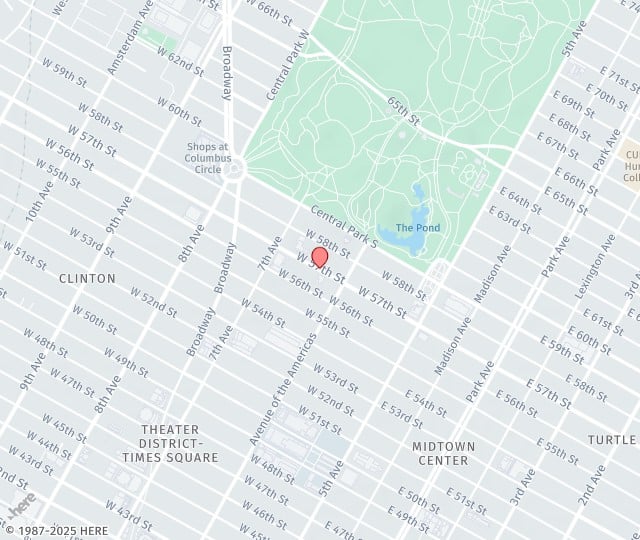
Dental anxiety has become much more familiar in recent years. Fortunately for those who have it, it’s been normalized. We recognize that some people have a higher sensitivity to dental experiences. There are many reasons for this, such as:
- Fear of needles
- The expectation of pain
- A bad past dental experience
- Loss of personal space
- Feelings of helplessness
In our NYC sedation dentistry office, patients are treated in a way that suits them. Our objective is to make dental visits as stress-free as possible for those who have historically had difficulty with routine or restorative procedures.
Types of Dental Sedation
Patients may receive one of a few different types of sedation. Dr. Siegelman is a board-certified dental anesthesiologist who tailors care around each patient’s health, dental anxiety, medical or cognitive conditions such as autism or PTSD, and other factors. Common types of sedation include inhalation sedation, better known as nitrous oxide or laughing gas, oral conscious sedation, IV sedation, and general anesthesia.
Inhaled Sedation
Inhalation sedation, which is breathed in through the nose, is appropriate for patients with mild dental anxiety. It enhances the effects of local numbing medication and can also significantly soothe a strong gag reflex. This light sedation is safe for children, works quickly, and also wears off quickly enough for patients to safely drive themselves home after their visit.
Oral Sedation
Both inhalation sedation and oral sedation preserve consciousness. Patients do not go to sleep. They can breathe and swallow on their own and are aware of their surroundings. However, the medication they receive calms their nervous system so they do not feel fear. Oral conscious sedation may be administered as a pill or liquid. It may be taken at the office or prescribed to be taken at home before the dental appointment. Because it can take several hours for the sedative to wear off, patients must arrange a ride home.
IV Sedation
IV sedation may be a better option for patients for whom dental anxiety is more severe. This method introduces the sedative medication directly into the bloodstream via a small needle in the arm. The sedative takes effect within minutes and has a stronger effect on the nervous system, so the patient may drift off into a light sleep state. It can take several hours for the medication to wear off, so patients must arrange a ride home and, ideally, for someone to stay with them for the day.
General Anesthesia
As a dental anesthesiologist, Dr. Siegelman holds vast experience in the use of general anesthesia for dental procedures. This type of sedation is useful in the most severe cases of dental anxiety, as well as with patients with certain medical conditions or previous trauma. Close monitoring is performed during general anesthesia, and patients do not remember their procedure.
Dental anxiety can severely damage one’s oral health. This need not happen. To schedule a visit to our NYC sedation dentistry office or to learn more about our protocols, call (212) 974-8737.

